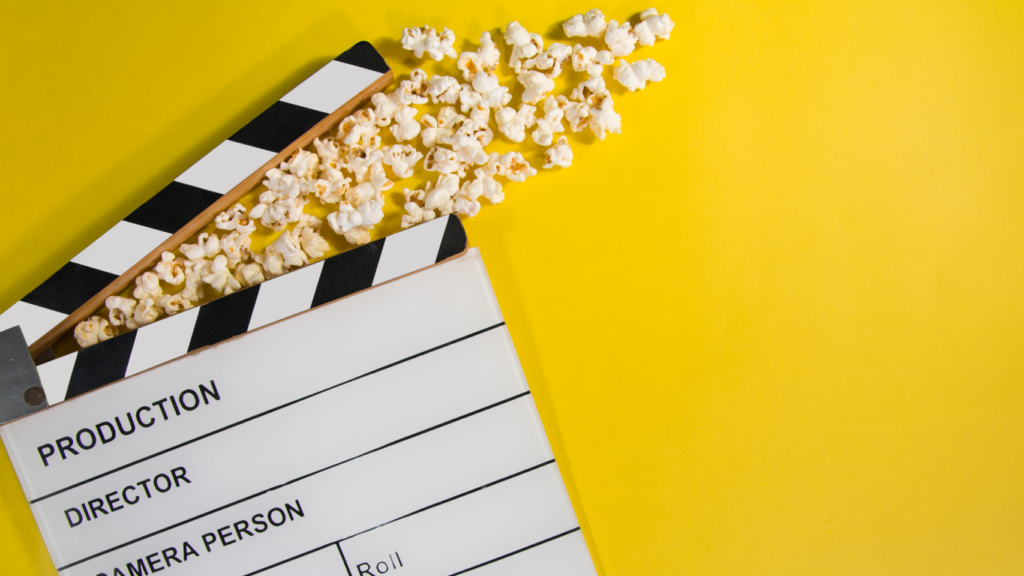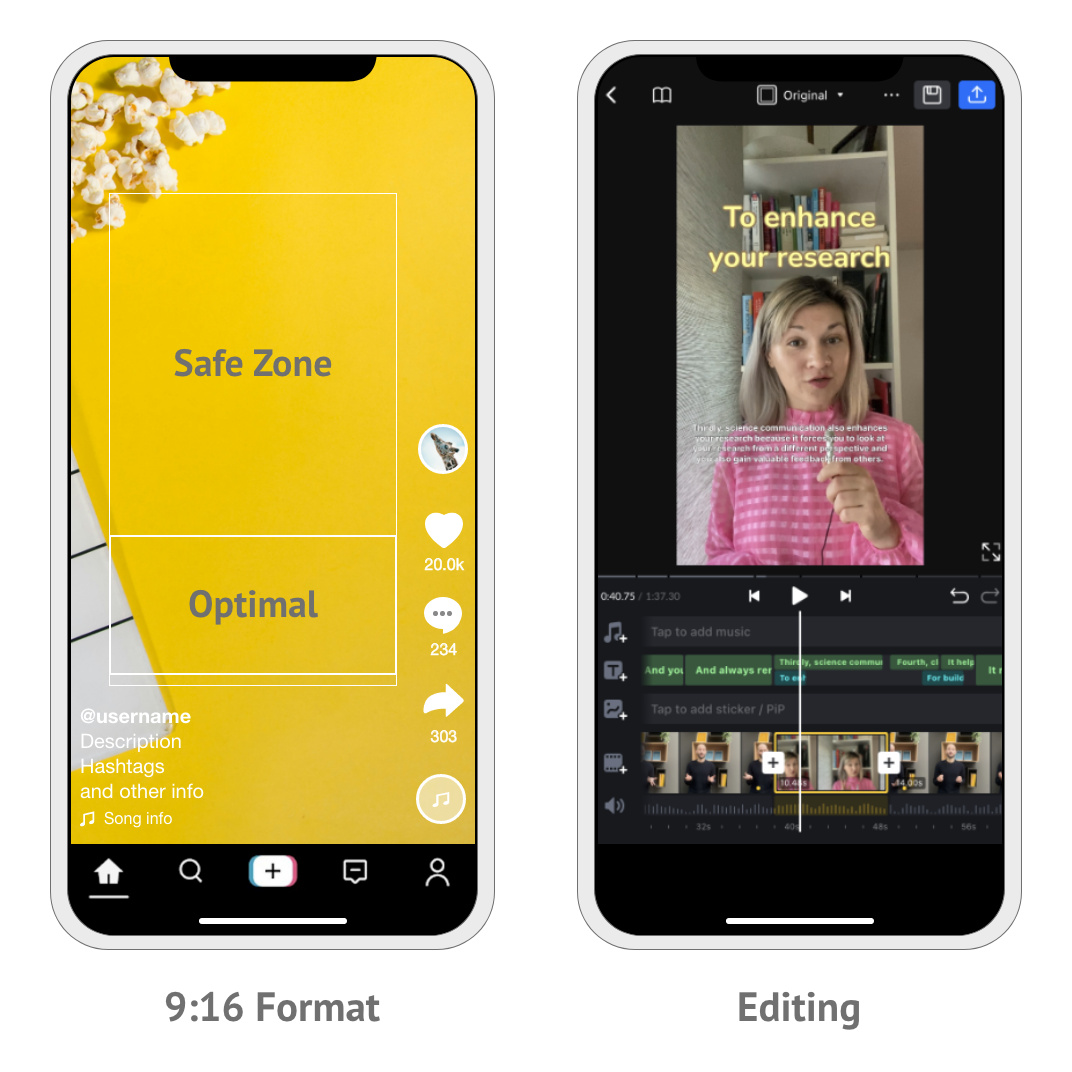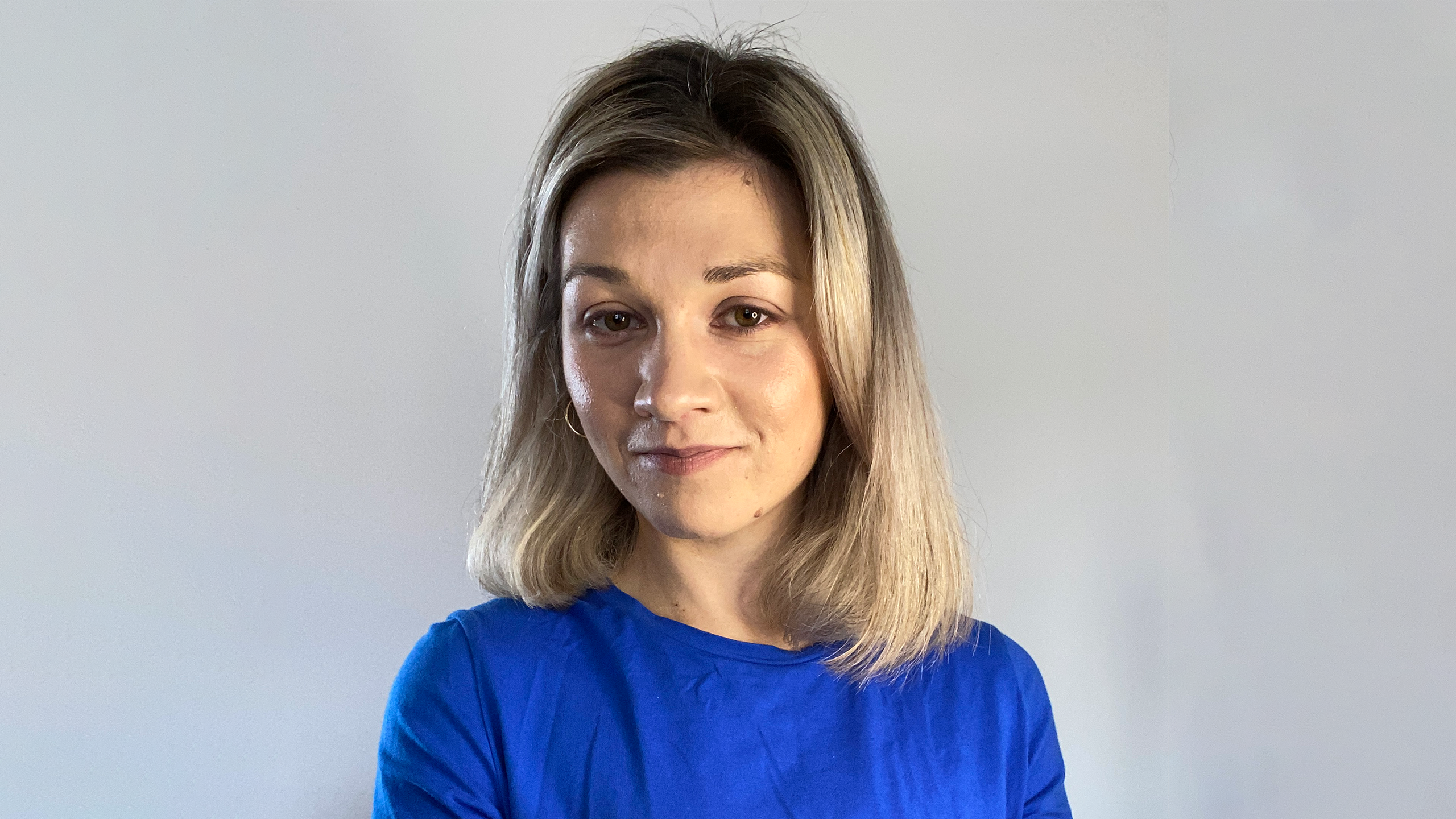
Toolkit: Make science go viral
Short form videos on social media hold great promise for science communication. By sharing scientific content, researchers can enhance the accessibility of science, counteract the spread of misinformation online, and contribute to public discussions. Yet, amidst the exciting prospect, many scientists grapple with multiple hurdles. The challenge lies not only in creating captivating content but also in navigating the intricacies of editing and engaging with audiences. This raises the question: How can researchers harness the full potential of platforms like TikTok, YouTube or Instagram to effectively showcase their expertise and findings?
Designed to empower researchers, our toolkit offers guidance from crafting compelling narratives to mastering editing techniques. Become proficient in short form video storytelling and explore the possibilities of science communication.
A step-by-step guide
The toolkit not only explains the basic rules that must be followed but also provides a hands-on, step-by-step guide with best practices as well as lists of resources. It addresses the following critical questions, among many others: Where should the most important information go? Which editing applications are best for short form videos? How to structure a video? Dive into the toolkit and start creating!
Why this format?
Short form videos have emerged as a dynamic tool for educational content, flourishing across social media platforms such as TikTok, Instagram and YouTube. These platforms, with their 9:16 aspect ratio videos, have become intricately woven into our everyday lives. Particularly for Generation Z, TikTok has risen as the new search engine, a pivotal resource for discovering details about products and services and for understanding complex topics in an accessible manner. While these concise videos may sometimes fall short on comprehensive intellectual analysis, they excel at igniting curiosity and motivating viewers to delve deeper into subjects of interest.
OPEN EDUCATIONAL RESOURCE
This open educational resource is published under the terms of the Creative Commons Attribution 4.0 Licence which permits unrestricted use, provided the original work is properly cited.
FURTHER OER AT HIIG
HIIG is continuously developing a wide range of OER, including a lecture series, a future thinking toolkit and several games.


